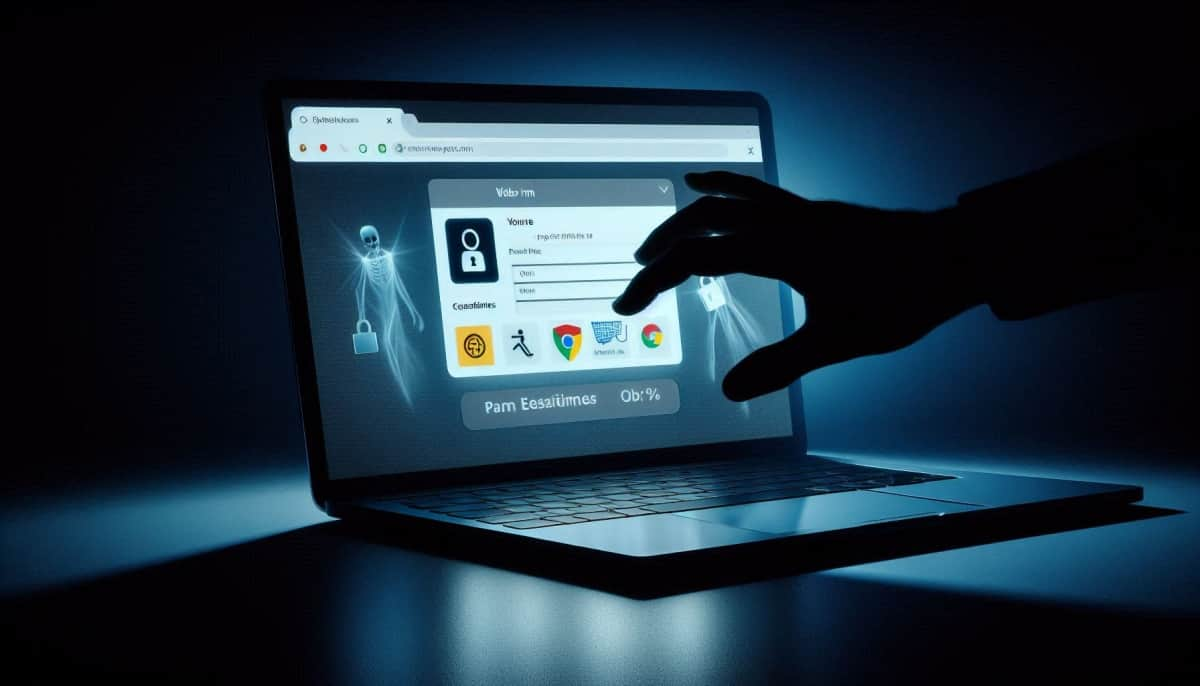Cybersecurity is a must as online threats rise. Businesses must train employees, back up data, and adopt strong security practices to prevent cyberattacks and data breaches.
The Internet has provided businesses with endless opportunities to grow, expand into new markets, and operate more efficiently. However, it has also created new risks. Cybercriminals constantly look for ways to exploit vulnerabilities and steal sensitive data from both individuals and organizations. These attacks can cause financial losses and operational disruptions.
Many businesses, especially smaller ones, assume they are not attractive targets for cybercriminals. In reality, cybercriminals frequently target them because they often lack the security measures that larger corporations have in place. A large number of businesses that fall victim to cyberattacks could have been prevented with better cybersecurity practices. Digital information or online theft has become one of the most reported types of fraud, making it clear that cybersecurity is no longer optional. Every company, regardless of size or industry, must take these threats seriously and implement better security measures.
One of the most common causes of cyberattacks is human error. Many data breaches happen because an employee clicks on a malicious link, opens an unsafe attachment, or shares sensitive information without realizing the consequences. Employees must be educated on cybersecurity risks and best practices to reduce these risks. They should know how to recognize suspicious emails, avoid sharing sensitive data on personal devices, and always lock their computers when stepping away.
A strong understanding of cybersecurity principles can make a meaningful difference in preventing cyberattacks. Investing in training programs that teach employees how to identify and respond to security threats is an effective way to strengthen a company’s overall security.
Backing up important data is another critical security measure. If a company experiences a cyberattack or data breach, having a backup can prevent major disruptions. Businesses should store copies of essential files in secure locations, whether on cloud platforms or external hard drives.
Further, encrypting backup files adds another layer of security, making it much harder for cybercriminals to access the information even if they manage to obtain it. Email security is also essential, as phishing attacks are one of the most common ways hackers attempt to infiltrate businesses. Encrypting sensitive emails helps ensure that confidential information remains protected.
Cybercriminals use a variety of tactics to gain access to business data. Ransomware attacks have caused many businesses to suffer financial losses and operational setbacks, sometimes bringing entire organizations to a standstill. Phishing scams are another common tactic, where hackers send deceptive emails designed to trick employees into revealing sensitive information. Clicking on a malicious link in an email can be enough to compromise an entire system.
Businesses must remain cautious and avoid opening any email attachments or links that seem suspicious. It is also important to carefully check website URLs before entering login credentials or financial details, as fraudulent websites often contain minor differences that make them appear legitimate at first glance. The guide from Public Interest Lawyers offers detailed information about what a person should do after dealing with a data breach.
Weak passwords remain one of the easiest ways for hackers to access business accounts. Many cybercriminals rely on password reuse to infiltrate multiple systems. Employees should be encouraged to use unique passwords for different accounts and to create passwords that include a mix of uppercase and lowercase letters, numbers, and special characters. Avoiding personal information such as names, addresses, or birth dates makes passwords even stronger. Using a password manager can also help businesses maintain high security without the risk of forgetting complex passwords.
A well-defined cybersecurity policy is essential for guiding employees on best practices. Companies should have clear guidelines on how employees should handle sensitive information, detect potential security threats, and report suspicious activity. Employees should also be reminded to keep their devices locked when they are not in use and to follow strict security protocols when handling company data. Having a cybersecurity policy in place ensures that everyone in the organization understands their role in protecting the company from cyber threats.
The rise of online threats has made cybersecurity a necessity for businesses. Without proper security measures, companies risk financial loss, data breaches, and reputational harm. Strengthening cybersecurity requires a combination of employee education, data protection, and proactive security practices.
As cybercriminals continue to develop new attack methods, businesses must stay ahead by adapting to emerging threats and reinforcing their security measures. The internet has opened countless opportunities for businesses, but those benefits come with risks. The key to long-term success is not just leveraging technology but ensuring it is secure at every level.




